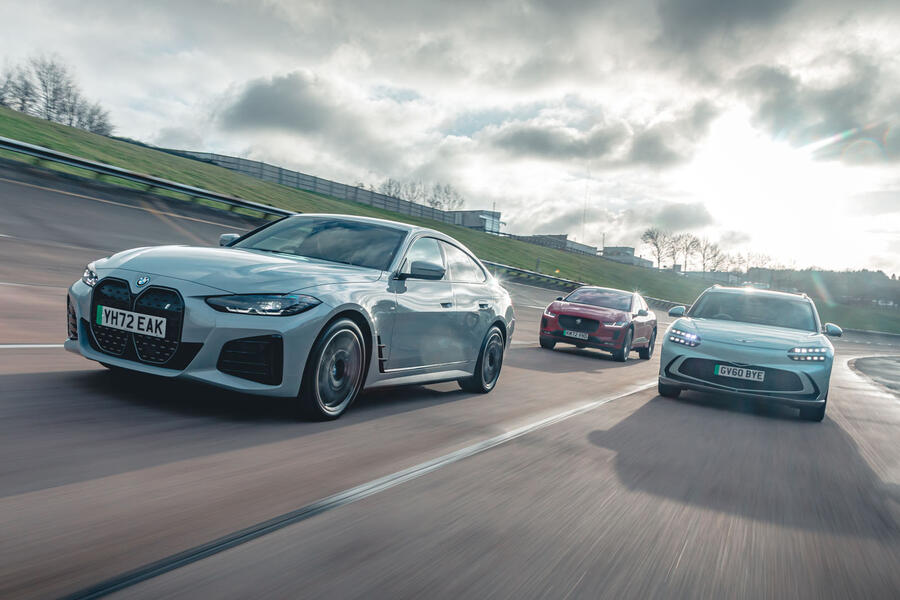Businesses account for almost half of the UK’s new car market and, with over 700,000 company car drivers according to the latest HMRC statistics, the government has spent the past 20 years using tax incentives to fuel demand for vehicles with the lowest CO2 emissions.
Company car tax bands are usually adjusted every April, at the start of the new financial year, and they’re under constant change. They’ve stimulated demand for diesel and hybrid cars, but today the biggest savings are reserved for electric vehicles and businesses are taking note. According to the British Vehicle Rental and Leasing Association, over half of new business contract hire deliveries are now battery powered.
With a growing choice of vehicles, longer ranges and ever-improving charging infrastructure, an electric company car is becoming more and more of a no-brainer. Here’s why.
How much cheaper is electric company car tax?
If you’re doing a lot of business mileage, then you might be lucky enough for your employer to issue you with a company car. Often seen as a top-tier perk of the job, these are usually brand new, fully maintained and also available outside work hours, just like a privately owned vehicle. Naturally, there’s a tax implication if you opt in.
HMRC classes company cars as a benefit in kind (BIK), which is a term applied to most perks provided on top of your salary. Tax bills vary enormously, but the system is heavily weighted against cars with the highest tailpipe CO2 emissions. This favours electric vehicles, which don’t have a tailpipe at all, and therefore get the biggest discounts.
![]()
The calculation is more straightforward than it looks. All company cars are assigned what’s called a ‘taxable value’, which is a percentage of the list price (ranging from 2% to 37%) based on its CO2 emissions. Those bands are frozen until April 2025, which means electric vehicle drivers are only being taxed based on 2% of the list price until that date. For comparison, even the most efficient petrol, diesel or so-called ‘self-charging’ hybrid is taxed at 25% or more.








Join the debate
Add your comment
yes the only reason ev's are selling is 2% tax v 30% OR MORE FOR PETROL /DIESEL THEY WOULD NOT SELL EXCEPT FOR THIS EVEN NORWAY AND MANY EU STATES GIVE VAT FREE PURCHASES OR LARGE REBATES ,uK IT IS IF YOU HAVE COMPANY CAR NO BRAINER TO GET ONE AND WITH THE 12K YOU SAVE ON TAX YOU CAN FUND A GREAT 4X4 FOR YOUR PARTNER BASICALLY FOR FREE.